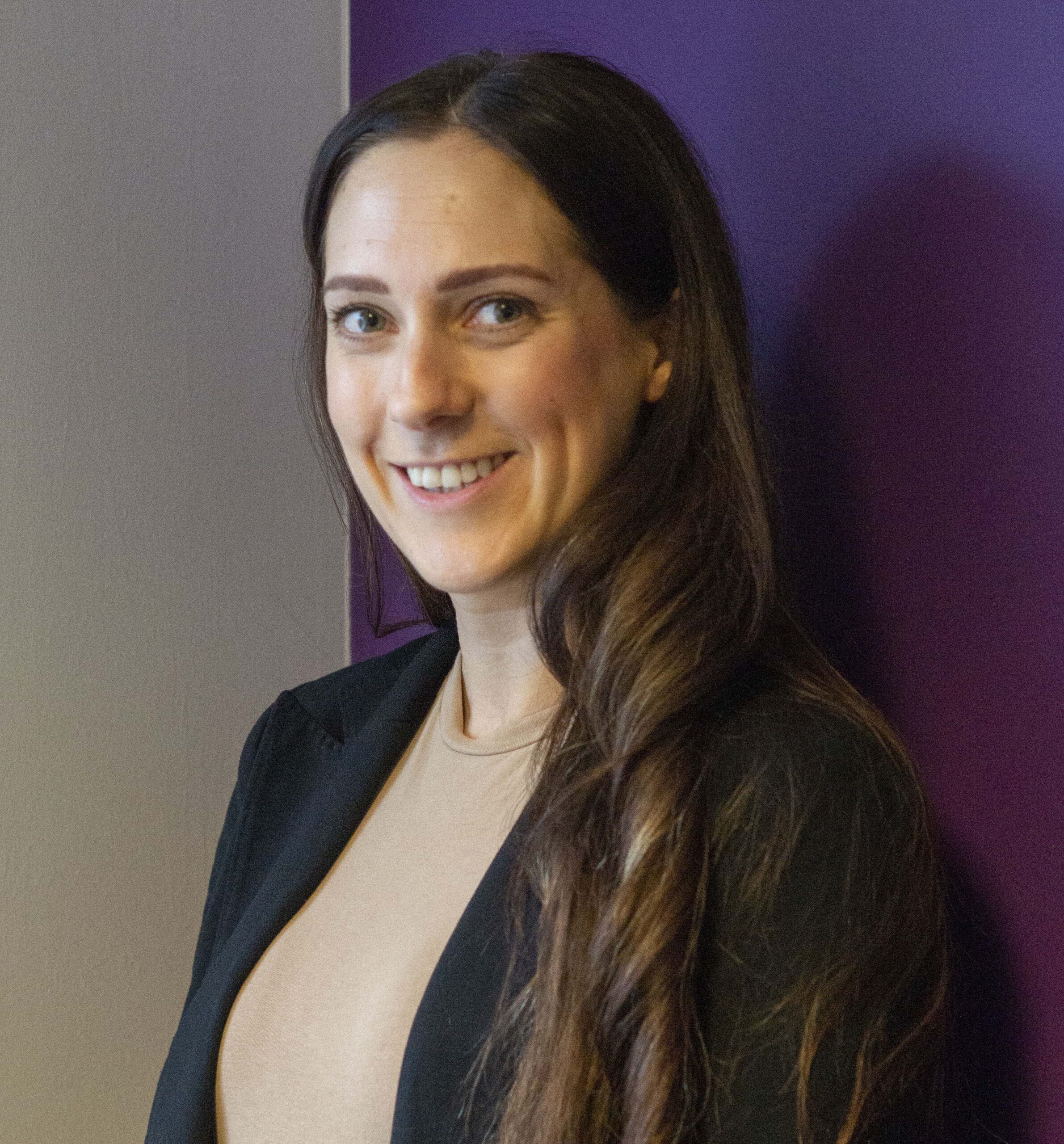A recent BBC News Investigation has uncovered many failings in private baby scan clinics. They have found that serious medical issues have gone undiagnosed during scans and it appears that it is sometimes unclear what type of scan expectant mothers are going for.
There are over 200 clinics now offering private baby scans and their popularity appears to be showing no sign of slowing down. We have all seen the ‘Instagram worthy’ gender reveal parties with confetti cannons, cakes with blue/pink sponge, and the balloons releasing blue/pink confetti and glitter. Many private companies offer ‘reassurance’ scans or expectant parents visit the clinics so that they can arrange to have a gender reveal party and find out the sex of their baby as a surprise, often surrounded by friends and family. These scans offer expectant parents a lovely opportunity to see their growing baby in addition to the usual two scans offered on the NHS.
Unfortunately, the BBC investigation has uncovered numerous examples of sonographers failing to diagnose serious problems that are evident on the scan, failing to refer the expectant mum to the NHS for further investigation, and offering scans which go against NICE guidelines.
It should be noted that some of the clinics offer a great service and make it clear to the expectant parents exactly what type of scan they are having; for instance, the scan may be for a souvenir photograph or to find out the sex of the baby. However, if the clinic is unable to diagnose medical problems, this should be made absolutely clear to the expectant parents before the scan.
The Society of Radiographers (SoR) have welcomed the BBC News Investigation and state that they have been lobbying the government on these issues for years. SoR professional officer for ultrasound Gill Harrison said: ‘..the SoR are aware of other boutique ultrasound scanning services who employ people without the same rigorous education, knowledge and clinical competency’. The SoR article can be read here.
The CQC has recently updated its guidance for expectant parents seeking a private scan. You should check the type of scan offered and who will be performing the examination.
Ms Harrison also confirms that: ‘Souvenir scans are not a replacement for the Fetal Anomaly Screening Programme (FASP) scans offered routinely in pregnancy, so emphasis is placed on the need to attend for routine screening scan in addition to any souvenir scans.
It will now be interesting to see how the government responds to growing pressure to regulate sonographers and whether the CQC changes their inspection procedures for private clinics.
If you require any legal advice regarding issues raised in this article, you can contact us on 0845 287 0939 or via our website and a member of our team will be happy to help you.



